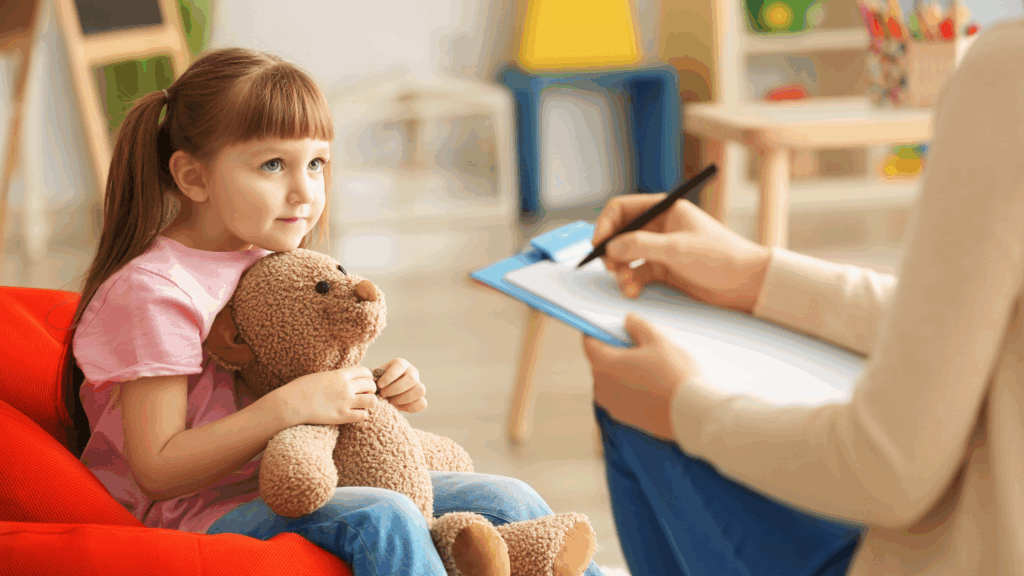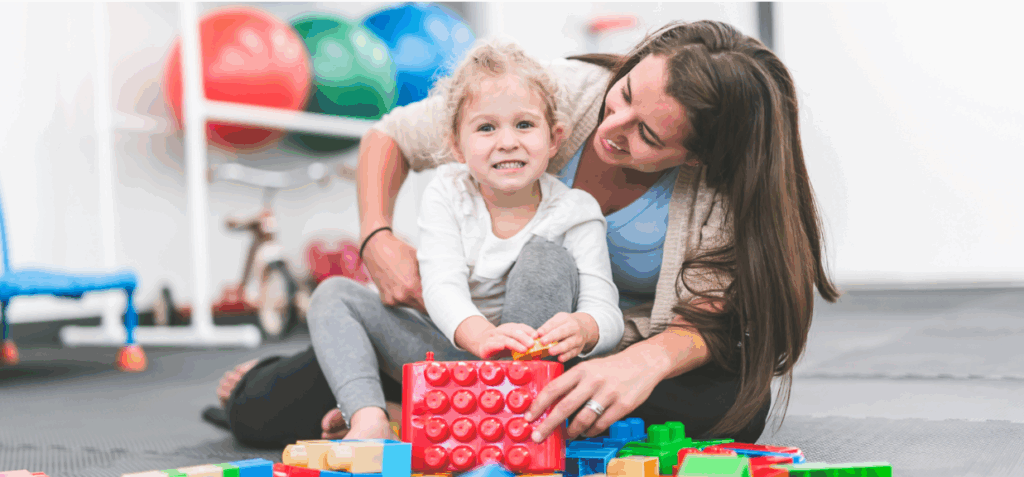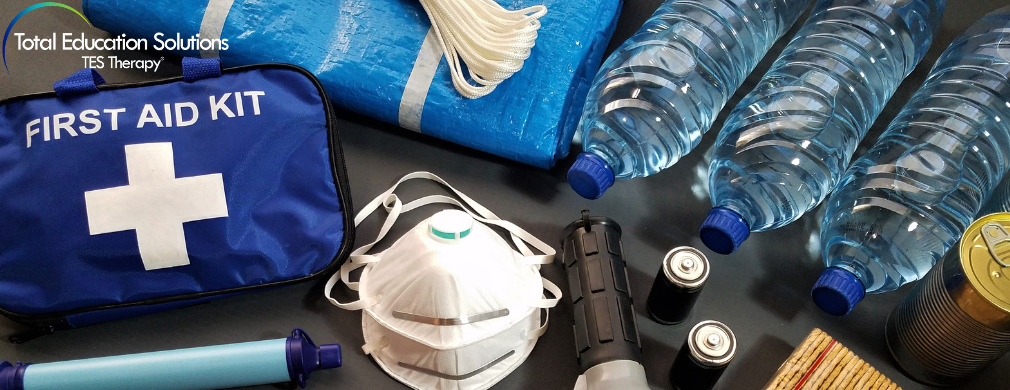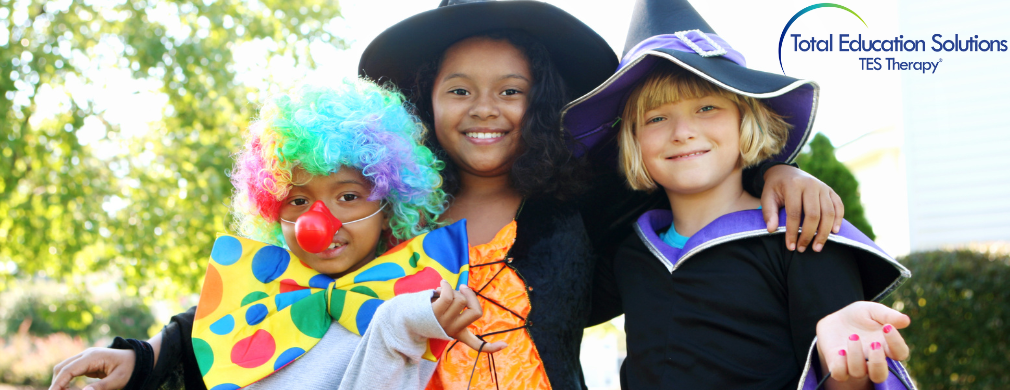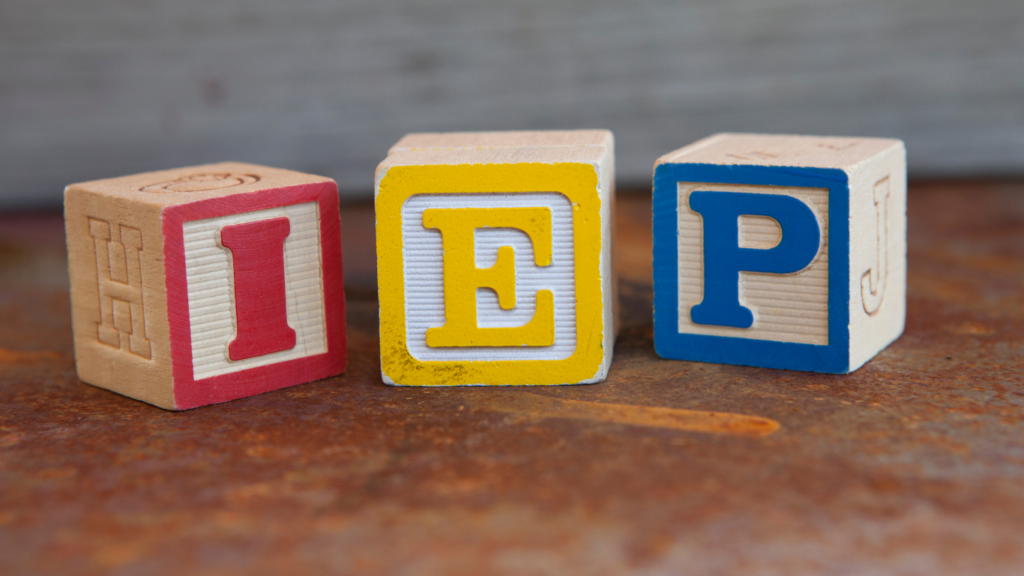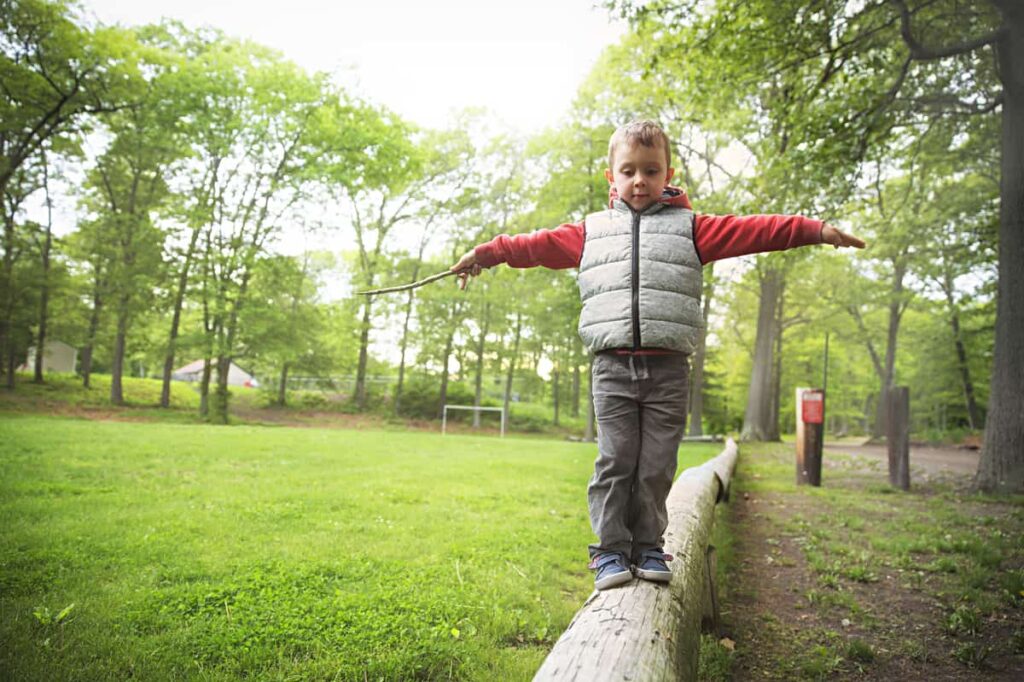Understanding Anxiety in Children: Neurotypical and Neurodivergent Perspectives
Anxiety touches nearly every child at some point in their development. But for autistic and neurodivergent children, it can surface earlier, run deeper, and show up in ways that are sometimes easy to miss. It’s completely normal for children to feel anxious from time to time—whether they’re facing a big test, starting a new school, […]

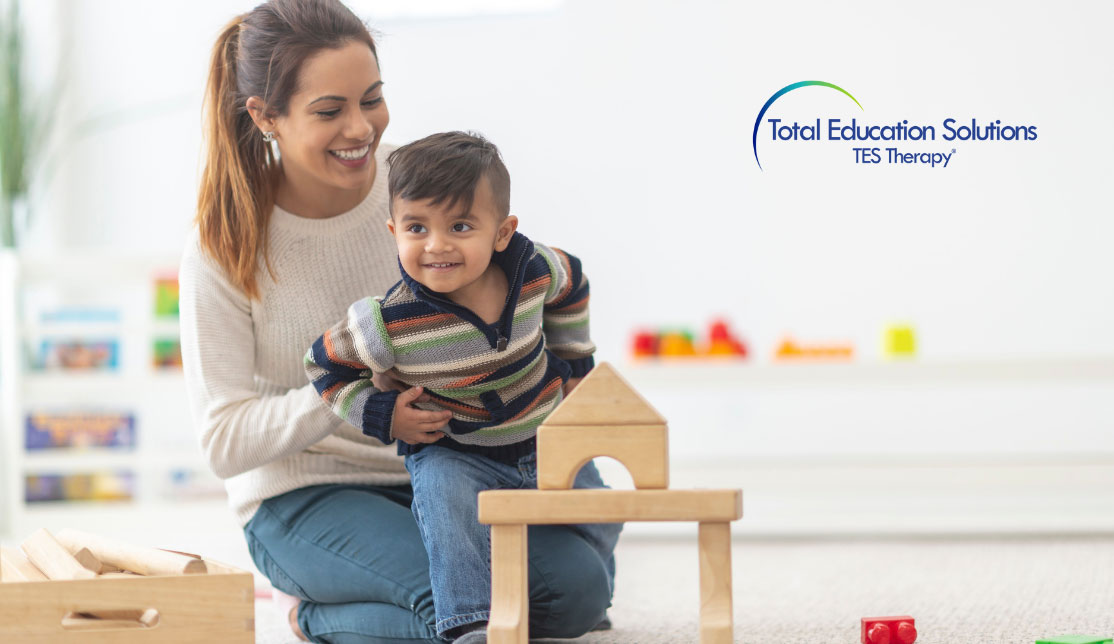
 13 Nov 2018
13 Nov 2018 